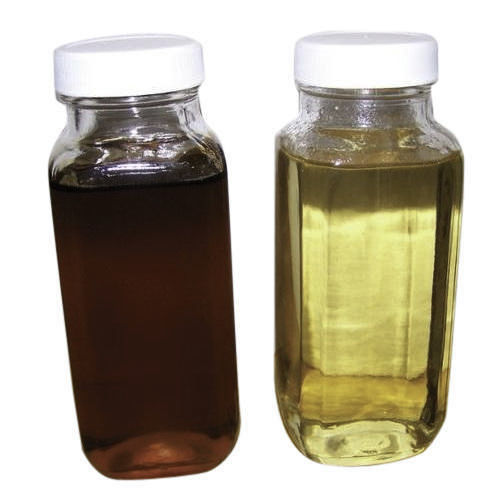PRODUCTS
Biodiesel

Biodiesel is an alternative clean-burning renewable fuel similar to conventional ‘fossil’ diesel. It is made using natural vegetable oils, bio-lipids, waste cooking oil and many other such products containing natural fats. As it is biodegradable in nature, it is intended to be used as a replacement for fossil diesel fuel. It can also be mixed with petroleum diesel fuel in any proportion. Biodiesel has many environmentally beneficial properties.
The main benefit of biodiesel is that it can be described as ‘carbon neutral’. This means that the fuel produces no net output of carbon in the form of carbon dioxide (CO2). Some of the other benefits of Biodiesel are as follows:
- Biodegradable and Renewable Fuel.
- Safer to use and has low toxicity compared to fossil diesel fuel.
- Lower exhaust emission rate than normal diesel fuel.
- As per ASTM D 6751 quality parameters (the quality of crude diesel is also analysed as per these standards)
- Using biodiesel doesn’t require any diesel engine modification.
- Biodiesel and Biodiesel blends are used in almost all diesel engines and vehicles.
- It is a carbon neutral liquid, which means that combustion of biodiesel never produces the net output of carbon in the form of carbon dioxide like other mineral diesel.
- Used as a heating oil – In many commercial & domestic boilers, biodiesel is also used as heating fuel.
Glycerin

Glycerin is an organic compound known more formally as glycerol. Its common sources are waste products from vegetable oils. Commercial grade glycerin is usually reddish brown in color and in liquid form at room temperature. It is most commonly used in soap and grease manufacturing.
Glycerin (99% pure)

The distilled grade of Glycerine is a clear, odourless liquid at room temperature, and it has a sweet taste. It’s used as a common ingredient in many pharmaceuticals.
We Support












